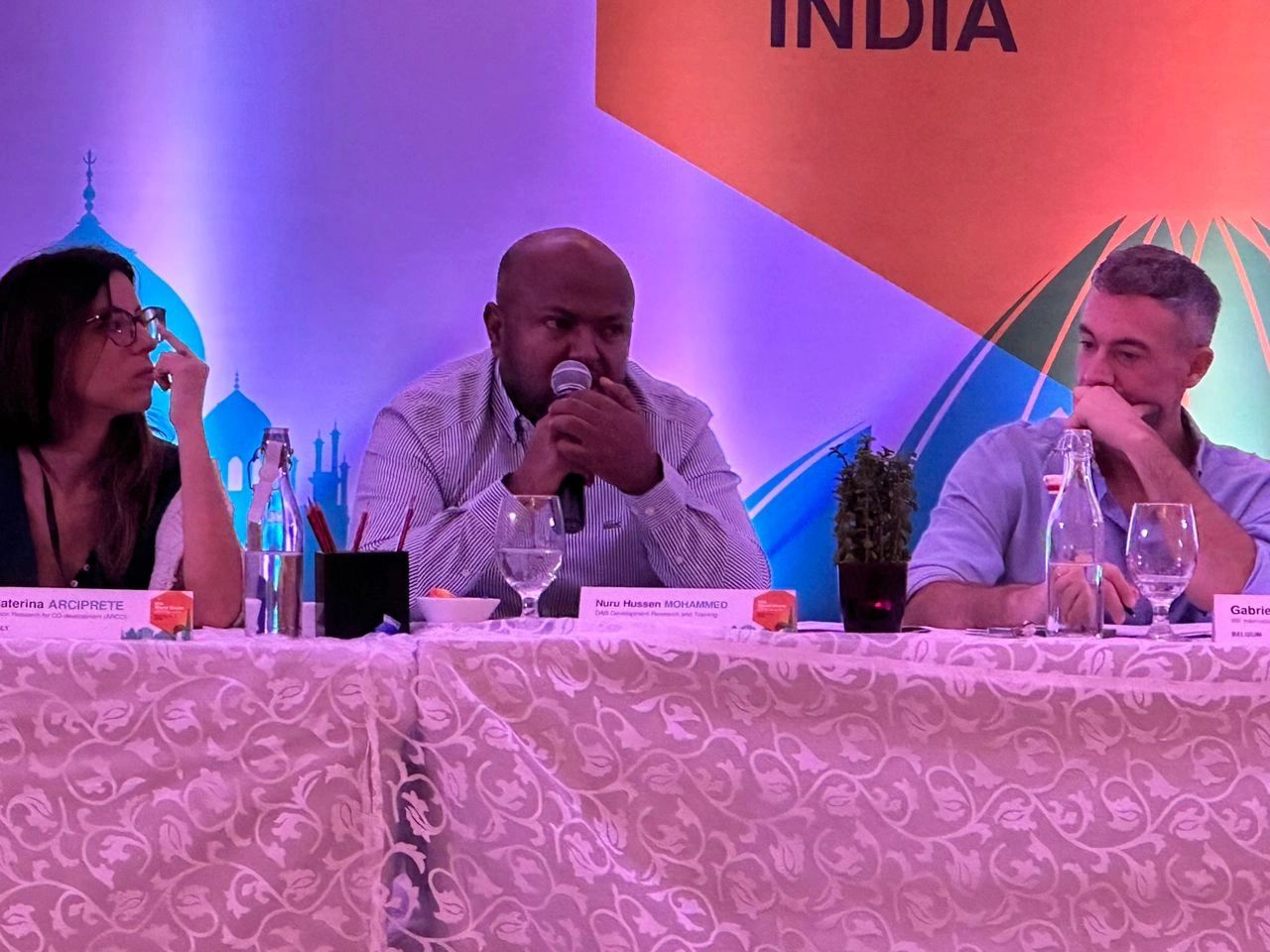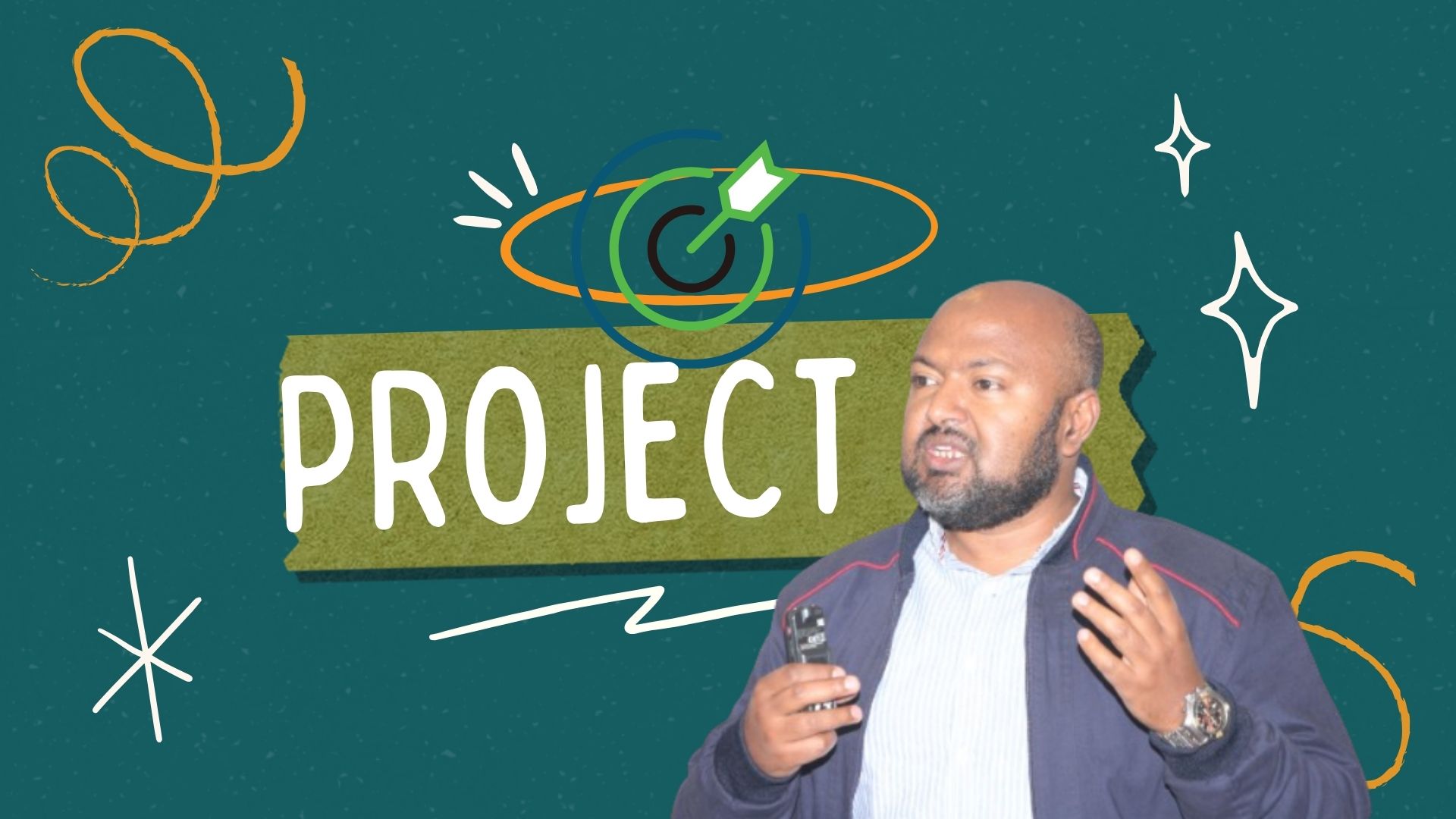Introduction
Development consultancy projects in developing countries can be complex and challenging, but they can also be incredibly rewarding. By working with local communities and organizations, development consultants can help to make a real difference in the lives of people living in poverty.
Effective project management is essential for the success of any development consultancy project. Project managers need to be able to plan, organize, and execute projects efficiently and effectively, while also managing risks and challenges.
This blog post will discuss some of the key elements of effective project management in development consultancy projects in developing countries.
1. Planning
The first step in any project is planning. This involves identifying the project goals and objectives, developing a work plan, and budgeting for the project.
When planning a development consultancy project, it is important to consider the following factors:
- The needs of the local community: The project should be designed to meet the needs of the local community. It is important to consult with local stakeholders to ensure that the project is aligned with their priorities.
- The resources available: The project plan should be realistic and achievable, taking into account the resources available, such as time, budget, and staff.
- The risks and challenges: The project manager should identify the potential risks and challenges that the project may face, and develop mitigation strategies.
2. Organization
Once the project has been planned, the next step is to organize it. This involves putting together the project team, developing communication plans, and establishing project management systems.
When organizing a development consultancy project, it is important to:
- Assemble a team with the necessary skills and experience: The project team should include people with the skills and experience needed to successfully complete the project.
- Develop communication plans: It is important to have clear and effective communication plans in place to ensure that all stakeholders are kept informed of the project’s progress and any challenges that may arise.
- Establish project management systems: Project management systems can help to track the project’s progress, identify and manage risks, and keep the project on track.
3. Execution
The execution phase of the project is where the project plan is put into action. This involves managing the project team, monitoring progress, and making adjustments as needed.
When executing a development consultancy project, it is important to:
- Manage the project team: The project manager needs to effectively manage the project team, ensuring that everyone is on the same page and that the project is progressing according to plan.
- Monitor progress: The project manager needs to monitor the project’s progress and make adjustments as needed. This includes tracking the budget, schedule, and deliverables.
- Manage risks: The project manager needs to manage the project’s risks. This includes identifying potential risks, developing mitigation strategies, and monitoring the risks throughout the project lifecycle.
4. Closure
The final phase of the project is closure. This involves completing the project deliverables, evaluating the project’s success, and closing out any contracts or agreements.
When closing out a development consultancy project, it is important to:
- Complete the project deliverables: Ensure that all of the project deliverables have been completed and meet the agreed-upon standards.
- Evaluate the project’s success: Evaluate the project’s success against its goals and objectives. This will help to identify lessons learned that can be applied to future projects.
- Close out any contracts or agreements: Close out any contracts or agreements that were entered into for the project.
Conclusion
Effective project management is essential for the success of any development consultancy project. By following the steps outlined above, project managers can increase their chances of success and help to make a real difference in the lives of people living in poverty.
Additional tips for effective project management in development consultancy projects in developing countries:
- Be flexible and adaptable: Things don’t always go according to plan in development consultancy projects. It is important to be flexible and adaptable and to be prepared to make changes as needed.
- Build relationships: It is important to build relationships with local stakeholders, including government officials, community leaders, and beneficiaries. This will help to ensure that the project has the support of the local community.
- Be transparent and accountable: It is important to be transparent and accountable to all stakeholders throughout the project lifecycle. This will help to build trust and confidence.
- Be culturally sensitive: It is important to be culturally sensitive when working in developing countries. Be respectful of local customs and traditions.
By following these tips, project managers can increase their chances of success in executing consultancy projects in developing countries.
By: Nuru Hussen, Managing Director DAB-DRT






